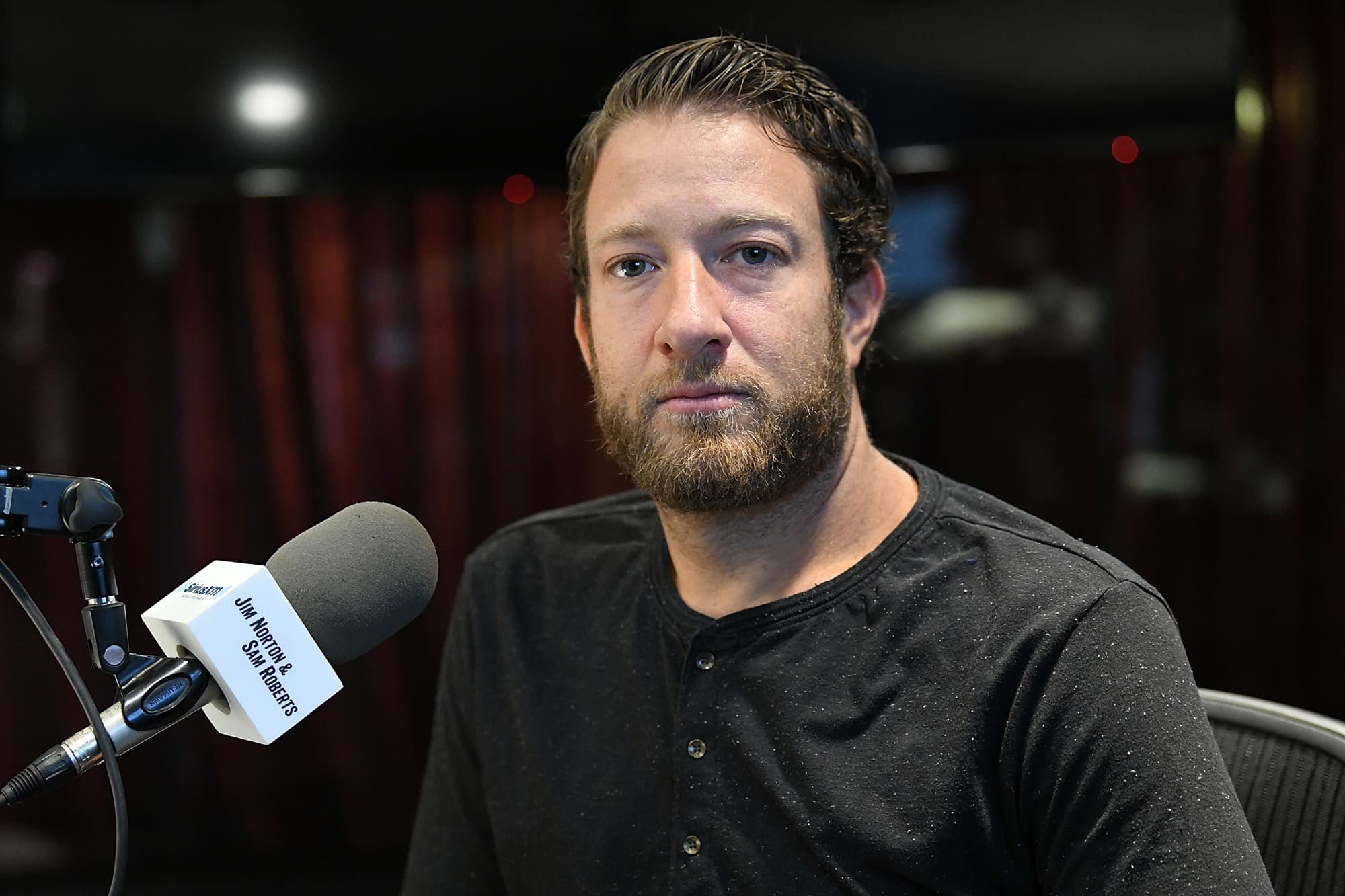As Penn National Gaming works to reopen its casinos and gaming operations, Barstool founder Dave Portnoy is itching to return to his roots.
Portnoy, an avid sports bettor who began betting on stocks after professional sports paused due to the coronavirus, told CNBC’s Jim Cramer he’s leaving the stock trading game behind when sports make their return.
“I’m enjoying the stock stuff … It’s been fun,” he said in a “Mad Money” interview, “but I’m a sports guy. I’m a sports bettor. I want sports back, and when it comes back that’s going to be where my focus is. But, for now, I am having fun with the stock game.”
Portnoy, who launched the Barstool sports and culture blog in 2003 and made millions selling a stake of the company to Penn earlier this year, has chronicled his trading activities during the coronavirus pandemic — both the good and the bad — for his millions of social media followers, to the ire of some Wall Street veterans. He also inspired a new generation of investors to enter the market.
Portnoy revealed in April that he began day trading with $3 million on an old E-Trade account, even admitting to losing $647,000 in one day. He bombastically tweeted earlier this month “I’m the captain now” and that he has surpassed Warren Buffett when it comes to picking stocks.
Outside of the short-term trading exploits, Portnoy made a long-term play when he sold a 36% stake in Barstool to Penn in January in a deal worth $450 million. Barstool will launch a sportsbook as part of the deal, and he expects it will be a “dominant player in the game” and an additive to the casino operator.
“I wanted more equity in Penn when we did this deal. I asked [Penn CEO Jay Snowden] because I am a risk-taker. I’m a sports gambler by nature,” Portnoy said. “I can’t be more confident in what we’re building. Obviously, I’m biased, but I put my money where my mouth is.”
Penn National, which closed its casino doors as the U.S. was put on lockdown to stop the spread of the coronavirus, has now reopened a majority of its locations and returned 11,000 employees back to work, Snowden said. About 50% of Penn’s slot machines and table games are also open for service, and restaurant capacities remain limited, he added.
Snowden appeared on screen alongside Portnoy and Barstool CEO Erika Nardini for the interview.
“We announced on Friday that we now have over 70% of our properties reopened and we have a clear sight for the remaining 10 properties to be open in the coming weeks,” Snowden said. ”We’re off to a good start. We feel like we’re going as good today as we felt in the last 3-4 months, obviously, and every day is getting a little better.”
Thirty of its casino and racing properties are now open with social distancing and safety protocols in place. The properties span 19 states across the country.
Penn’s stock price collapsed more than 90% from its February peak to the March trough as Wall Street and the U.S. began grappling with the coronavirus pandemic, and the travel and entertainment industries took some of the biggest losses. Since bottoming at $3.75 per share, the stock has increased eightfold, closing Monday’s session at $31.43.
The market values Penn at $4.3 billion, while its sports betting rival DraftKings is valued at about $14 billion. Nardini told Cramer that she expects those odds to be reversed in the future.
“We’re going to drive a tremendous amount of value for Penn. Look at what’s happened around their stock, look at what’s happening around our brand during the pandemic,” she explained. “We are just getting started, and I think you’re going to see an incredible level of growth, not only for Barstool Sports but also for the sportsbook.”
